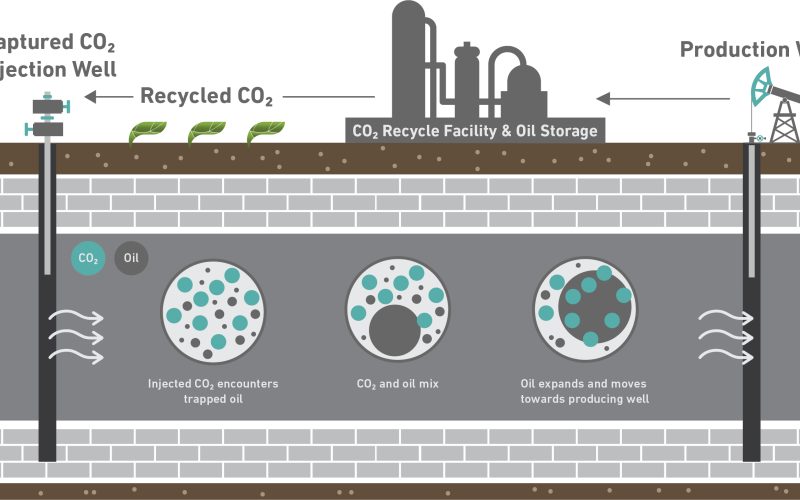THE VOICE FOR THE ENERGY CONSUMER

Carbon Capture Utilization and Storage (CCUS) is a process and also a technology that helps reduce carbon dioxide (CO2) emissions from the atmosphere while continuing to meet present and future.

With so much focus on energy and environmental policy, Consumer Energy Alliance and our message is attracting more new members than at any time in our history. So far in.

This week, the Biden administration released an ambitious blueprint for nearly half of the U.S. electric grid to be powered by solar energy by 2050. Some question the feasibility of.

WASHINGTON, D.C. – Consumer Energy Alliance (CEA), the leading energy and environmental advocate for families and businesses, released the following statement in advance of the House Energy and Commerce Committee’s.

As communities, businesses, and local, state, and national governments define their goals to meet an evolving energy mix, a contentious debate continues around various forms of new technology. Humans have.

Policy. It is something our elected officials work on in Washington D.C. When the policies are meaningful enough or they affect people in ways we deem good or bad, the.

Mike Butler, the Mid-Atlantic Director for the Consumer Energy Alliance, joined Rick Dayton to talk about 3 different factors that have impacted gas prices in PA, and across the country..

Hurricane Ida made headlines all throughout this week for the devastation she left behind in Louisiana, Mississippi and even through the Northeast. Millions of people were and are still without.

A new tally of global cities’ emissions finds that the top 25 are responsible for 52% of the planet’s urban greenhouse gas emissions. Twenty-three of those are in China. CEA.

WASHINGTON, D.C. – Consumer Energy Alliance (CEA), the leading energy and environmental advocate for families and businesses, released the following statement as the House Natural Resources Committee met today to.